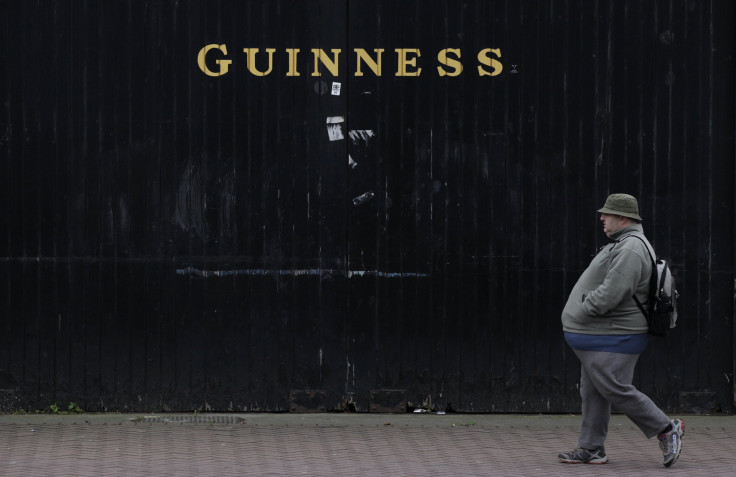Lazy Boy: People Who Don't Exercise Twice As Likely To Develop Alcohol Abuse Problem

Not getting enough exercise is bad enough on its own, but evidence has suggested that a lack of physical activity can also lead people to even more unhealthy habits, like smoking and alcohol use. Is a lack of exercise the chicken or the egg? A recent study presented at the American Public Health Association meeting in Chicago shows that people who get little to no exercise are twice as likely to abuse alcohol compared to those who exercise regularly.
"There have been studies of the association between substance use and related comorbid health conditions, such as depression and anxiety," said April Joy Damian, a doctoral student in the Department of Mental Health at the Johns Hopkins Bloomberg School of Public Health, in a statement. "There has been little research that has examined the connection between exercise and decreased odds of alcohol use disorder.
Damian and her colleagues gathered data using the National Survey of American Life (NSAL), a survey issued between 2001 and 2003 that was aimed toward identifying racial and ethnic differences in mental disorders and other forms of psychological distress. Researchers used the Diagnostic and Statistical Manual of Mental Disorders' (DSM-IV) definition of alcohol abuse — drinking that has negative social, professional, and/or legal consequences.
Among 5,002 African-American men and women who responded to the survey, those who did not participate in any physical activity or only on occasion were between 84 and 88 percent more likely to abuse alcohol compared to people who did engage in some type of physical activity. Results of the study held up when the research team adjusted for demographic factors, such as income, marital status, and family size.
"Because the NSAL study was essentially a snapshot that was taken at one point in time, we can't say that engaging in physical activity will prevent people from developing alcohol use disorder or that alcohol use disorder can be treated with physical activity," Damian added. "Given that alcohol use disorder has a high rate of co-occurrence for depression and anxiety, it merits further study all around, for African-Americans as well as others. We should consider how physical activity contributes to alcohol-related behavior and design interventions for people who are at risk."
A similar study conducted by Northwestern University researchers found that people who hit the gym later in the week also drink the most on those days. Participants from the study who said they were more likely to exercise between Thursday and Sunday also consumed the most alcohol during those days. Researchers speculated that people tend to workout on days closer to the weekend to offset the unhealthy side effects of alcohol. Drinking could also be a reward for making it to the gym.
Source: Damian A. Association between physical activity and alcohol abuse and dependence: Findings from the National Survey of American Life (NSAL). American Public Health Association meeting. 2015.



























